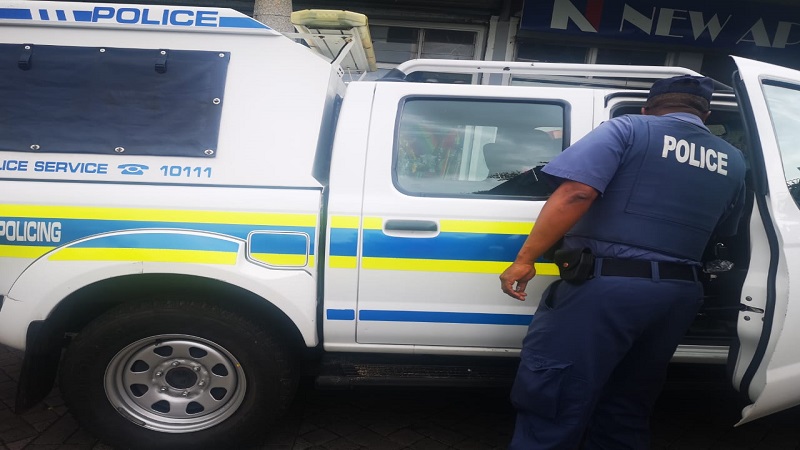Western Cape police are non-compliant with the Domestic Violence Act (DVA), the province’s MEC for community safety (DoCs), Albert Fritz, said on Monday.
“The DoCS has concluded the census project, monitoring the level of compliance of 150 police stations in the province with the Domestic Violence Act (DVA) 116 of 1998 and the SAPS National Instruction 7/1999. The census was monitored over a six-month period, between July and December 2017, revealing that the Western Cape SAPS remains non-compliant with the DVA and that more volunteers are required for victim support rooms,” said Fritz.
He said the most reported forms of domestic violence over the six-month period included physical abuse (46%) and emotional, verbal and psychological abuse (29%).
Of the total 34 209 incidents reported in 2018/19, the majority were reported in Mitchells Plain (3155 cases), Delft (2071 cases), Harare (1716) and Knysna (1620).
“The DVA places several obligations on SAPS and other state departments regarding its implementation. DoCS is mandated to monitor and evaluate the SAPS’ compliance with the DVA, and make recommendations to SAPS with regards to non-compliance with the DVA. I will work closely with the newly appointed provincial commissioner, Yolisa Matakata, to address the findings of the census project,” said Fritz.
An important component in addressing GBV was victim support rooms, he said, which provided victims with psycho-social support during periods of trauma.
The results of the census project showed that victim support rooms were undermined by a lack of volunteers.
Fritz called on station commanders to work more closely with their local community policing forums, victim support units and neighbourhood watch structures to increase the number of volunteers at their stations.
He also called on members of the community to assist their local victim support rooms by volunteering.
“It is unacceptable that Khayelitsha and Atlantis police stations only have one trained volunteer despite having had 1105 and 1272 incidents respectively reported in 2018/19. Delft and Lingelethu West stations only have four trained volunteers despite these stations having the second and third highest number of incidents. Beaufort West station has no volunteers,” said Fritz.
An emerging trend seen in the analysis was that Belhar and Steenberg stations had incomplete records of victims’ details in the domestic violence registers. This made it impossible to conduct follow-ups with victims on services rendered by the SAPS as not all domestic violence incidents were registered and criminal cases opened.
“There are also challenges in terms of SAPS corrective actions taken for some stations in responding to recommendations made by DoCS in ensuring compliance with the DVA,” said Fritz.
Further findings revealed:
* 67% of VISPOL and 74% of detectives at the top 20 stations had not undergone the five-day DVA training course; it was noted that domestic violence training was included in the basic training curriculum in July 2004.
* In 2018/19, only 12 DVA courses were provided for the station level personnel of the Western Cape by the office of the provincial commissioner;
* A lack of alignment between the DVA register and other DVA records, including the occurrence book and pocket books of members at certain stations;
* Protection orders were not always served within the targeted 48-hours and copies were not filed correctly as they were not readily available at certain stations;
* A lack of trained volunteers in victim friendly rooms at some stations and a lack of safe house facilities within the precincts of many stations including Khayelitsha and Mfuleni.
The census analysed the serving of protection orders in cases of domestic violence in 2018. Khayelitsha, Beaufort West, Manenberg and Paarl East stations had served all protection orders, said Fritz.
“Conversely, Atlantis had an extremely low rate of serving protection orders at 38%. Nyanga and Grassy Park had no proper record keeping on the serving of protection orders. This means that known perpetrators of Gender Based Violence (GBV) are free to roam the streets, directly threatening the lives and wellbeing of their chosen victims.”
Of the total 159 GBV-related cases monitored by the Court Watching Brief Unit between April 2018 and September 2019, it was found that investigations were incomplete (86), dockets did not arrive at court (54), forensic reports were outstanding (15), the accused was not brought to court within 48-hours of arrest (2) and the witness was not at court (2).
Source: ANA






 WhatsApp us
WhatsApp us 

